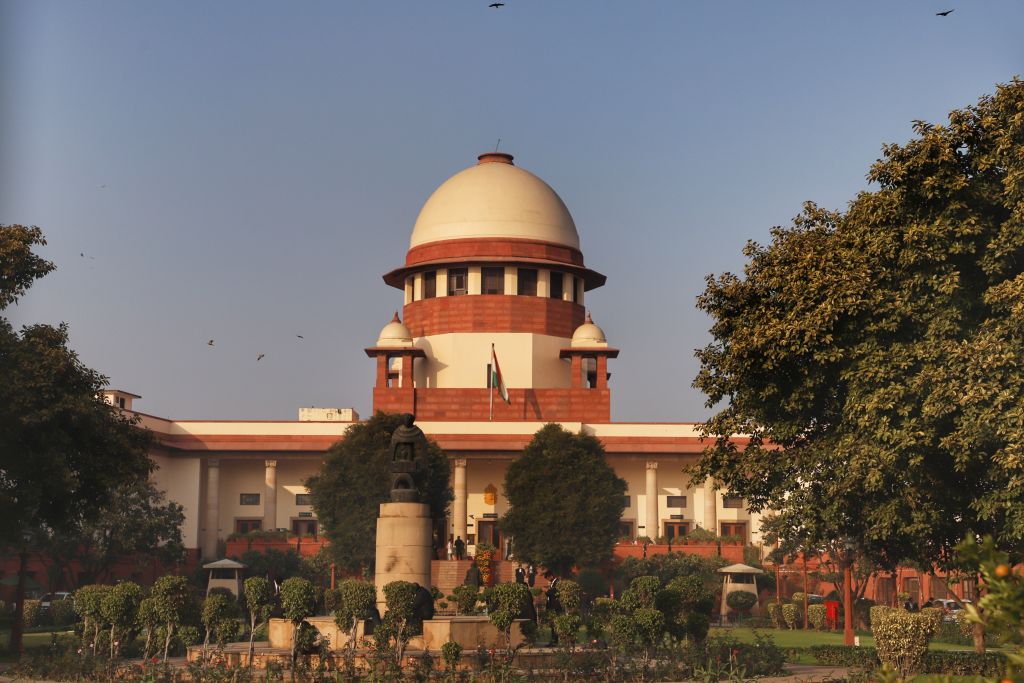In a landmark decision, a nine-judge Constitution bench of the Supreme Court has affirmed the constitutional authority of states to levy taxes on mines and mineral-bearing lands. The verdict, delivered today, also ruled that royalty payable on extracted minerals does not constitute a tax.
The 8:1 majority judgement, authored by Chief Justice DY Chandrachud and agreed to by Justices Hrishikesh Roy, Abhay S Oka, JB Pardiwala, Manoj Misra, Ujjal Bhuyan, Satish Chandra Sharma and Augustine George Masih, also ruled that royalty payable on extracted minerals is not a tax.
CJI Chandrachud, along with seven other judges, delivered a majority judgement, while Justice BV Nagarathna delivered a dissenting judgement.
The majority judgement said, “Royalty is not a tax. Royalty is a contractual consideration paid by the mining lessee to the lessor for enjoyment of mineral rights. The liability to pay royalty arises out of the contractual conditions of the mining lease. The payments made to the government cannot be deemed to be a tax merely because the statute provides for their recovery as arrears.”
Significantly, the bench ruled that the legislative power to tax mineral rights rests with state legislatures. The judgement clarified that Parliament does not have the legislative competence to tax mineral rights under Entry 54 of List 1, as it is a general entry.
Justice BV Nagarathna delivered a dissenting opinion, arguing that royalty is in the nature of a tax. She warned that allowing states to levy taxes on minerals could lead to a lack of uniformity on a national resource and potentially unhealthy competition among states.
The case centered on whether state governments’ powers to tax and regulate mining activities were limited by the Mines and Minerals (Development & Regulation) Act of 1957. This ruling clarifies the division of powers between the central and state governments in this crucial economic sector.
Following the judgement, legal representatives, including Solicitor General Tushar Mehta, requested clarification on whether the ruling would apply prospectively. The bench has scheduled a hearing on this matter for next Wednesday.
(Inputs from ANI)




















